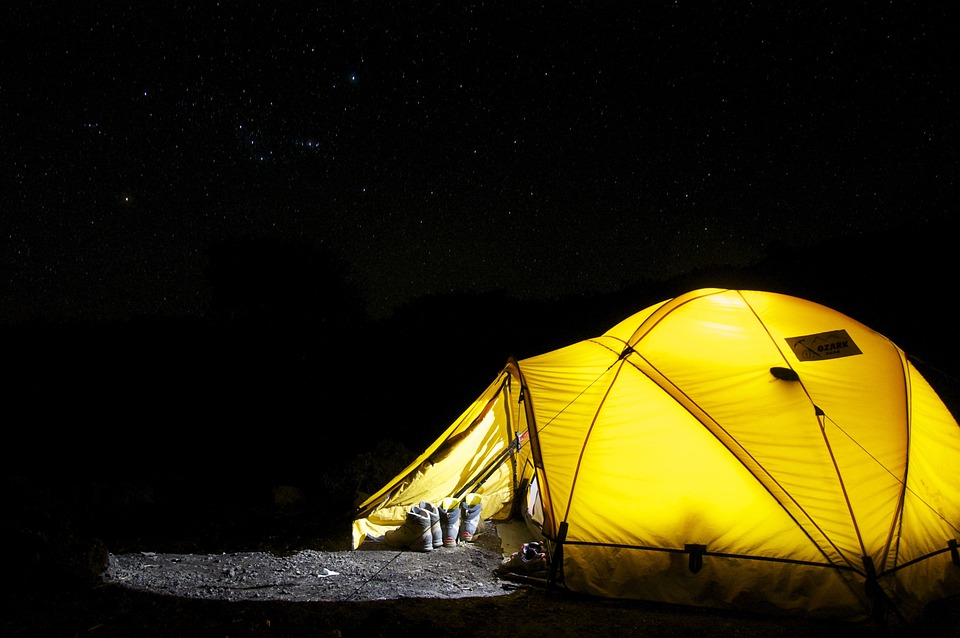Table of Contents
Introduction
Exploring the great outdoors and immersing oneself in nature has always been a popular pastime. While some people may view camping as just a hobby, it is so much more than that. Camping offers numerous benefits for physical, mental, and emotional well-being, fostering a deeper connection with the natural world and creating lasting memories. In this article, we will delve into why camping is more than just a hobby.
Benefits of Camping
Camping provides a myriad of benefits that extend beyond mere relaxation and recreation. One of the foremost advantages is the opportunity to disconnect from the hustle and bustle of everyday life. By leaving behind technology and modern conveniences, campers can escape the constant distractions and demands of the digital world. This break from the fast-paced lifestyle allows individuals to unwind, destress, and reconnect with themselves.
In addition to mental well-being, camping also offers physical benefits. Engaging in outdoor activities such as hiking, fishing, or swimming allows campers to get their bodies moving and stay active. The fresh air and ample sunshine contribute to improved physical health and overall vitality.
Connecting with Nature
Camping provides an unparalleled opportunity to connect with the natural world. Being surrounded by breathtaking landscapes, serene lakes, and majestic mountains evokes a sense of awe and appreciation for the beauty of the earth. The tranquility of nature calms the mind and nourishes the soul. Exploring forests, observing wildlife, or simply stargazing on a clear night instills a sense of wonder and deepens our understanding of the interconnectedness of all living beings.
Moreover, camping encourages environmental responsibility and sustainability. Being in direct contact with nature fosters a desire to protect and conserve the environment. Campers learn to appreciate the importance of sustainable practices such as leaving no trace, reducing waste, and respecting wildlife habitats. These lessons learned during camping trips can be carried into everyday life, making a positive impact on the planet.
Bonding and Memories
Camping trips provide an opportunity for meaningful bonding with family and friends. Sharing stories around the campfire, engaging in outdoor activities together, and overcoming obstacles as a team create lasting memories and strengthen relationships. Without the distractions of technology and busy schedules, campers can focus on each other, fostering communication and creating deeper connections.
The memories made during camping trips often become treasured moments that are cherished for years to come. From roasting marshmallows and telling ghost stories to exploring new trails and discovering hidden gems, each camping experience unfolds a unique adventure. These shared experiences build a sense of camaraderie and create lifelong memories that can be passed down through generations.
FAQs
1. Is camping suitable for everyone?
Yes, camping can be enjoyed by people of all ages and physical abilities. There are various types of camping, from primitive tent camping to RV camping, allowing individuals to choose the level of comfort that suits them best. It is important to plan and prepare adequately to ensure a safe and enjoyable camping experience.
2. How can I make camping more comfortable?
To make camping more comfortable, invest in quality camping gear such as a comfortable sleeping bag, an insulated sleeping pad, and a sturdy tent. Additionally, packing appropriate clothing, insect repellent, and cooking equipment can enhance comfort during the trip. Choosing a suitable campsite with amenities such as bathrooms and showers can also improve the overall experience.
3. What should I bring on a camping trip?
Essential items to bring on a camping trip include a tent, sleeping bag, sleeping pad, cooking utensils, food, water, and appropriate clothing. Additional items to consider include a first aid kit, camping chairs, lanterns or flashlights, and insect repellent. It is important to make a checklist in advance to ensure nothing essential is left behind.
4. Are there any safety tips for camping?
Yes, some safety tips for camping include researching the campsite in advance, informing others about the camping location and duration, packing a first aid kit, staying hydrated, and being aware of potential wildlife or weather hazards. It is crucial to follow fire safety regulations, avoid leaving food unattended, and respect local wildlife by keeping a safe distance.





